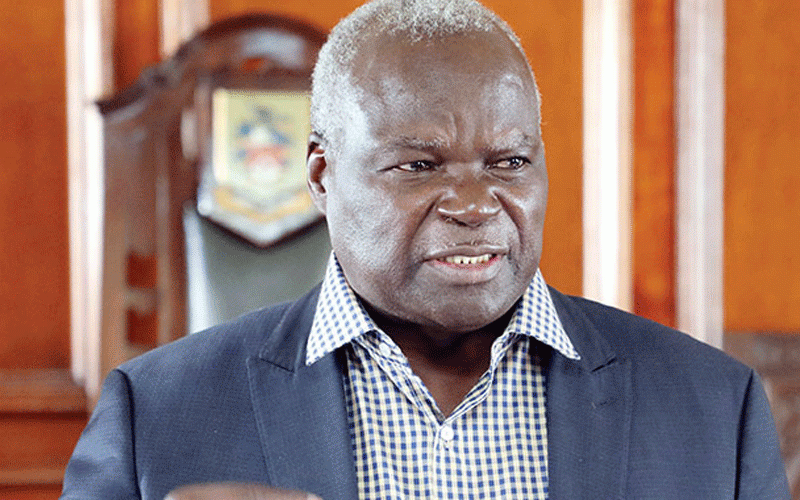
ZIMBABWE has lost more than 20 social workers who have migrated to the United Kingdom (UK), with government saying it is coming up with interventions that protect them from hostile working conditions in foreign countries.
Speaking during a meeting with the International Organisation for Migration (IOM) chief of council, Katharina Stasch, to discuss areas of mutual co-operation, Public Service, Labour and Social Welfare minister July Moyo said Zimbabwe was creating beneficial situations for migrant workers.
He said the government had concluded a series of memorandums of understanding (MoUs) with the migration agency.
“I think these memorandums of understanding are a very important tool and I can only congratulate Zimbabwe for the MoUs and that more are on the way. I also know that the IOM is working very much in this regard to assist countries in promoting regular migration paths,” Moyo said.
He, however, admitted that Zimbabwe was suffering from immense brain drain.
“As a ministry, we can also say we lose a lot of social workers and the director for social welfare has told me, for instance, in the last three to four months, we lost 20 who went to the UK.
“So, we always lose it, but what we are discussing is how to craft a memorandum of understanding so that we can protect our people while they are there and at the same time, we can also start protecting them when they come back.
“A lot of our migrant workers are doing well when they come back in retirement, but it is a problem so we are also starting to discuss the portability of patients of our people who are working outside.”
- Reunification facility gives migrants lifeline
- Reunification facility gives migrants lifeline
- UK deportee says he fears for his life
- UK deportee says he fears for his life
Keep Reading
Statistics have indicated a huge exodus of workers from Zimbabwe to other countries, with the South Africa-Zimbabwe corridor recording the highest movement compared to other official points of entry or exit.
According to IOM’s data for July this year, during the reporting period, 35 187 movements were recorded and 1 380 migrants were interviewed across 20 flow-monitoring points in Zimbabwe.
Moyo called for close co-operation with other countries in the region to ensure the smooth flow of migrant workers.
“I understand Zimbabwe is doing this, including in its chairmanship of Sadc, talking not only to neighbouring countries, but also other countries in order to create a situation where migration is beneficial for all,” Moyo said.
“Our education system right from the beginning has produced many skilled people and these people, a lot of them are working in the country, but some of them have found work in other countries and they are in demand and we have discussed with IOM that we categorise our interventions outside the country in three areas.”
The minister said the government was still paying pensions for workers who used to live in Zimbabwe, but left after the country’s independence in 1980.
“We are still paying their pensions, so it’s possible that if we understand and we agree with the countries where we are sending migrants, that, in fact, they can end up having their pensions remitted at the time when they retire,” he said.
The government in August this year launched a joint venture that seeks to address the multifaceted challenges of migration within the southern Africa region.










